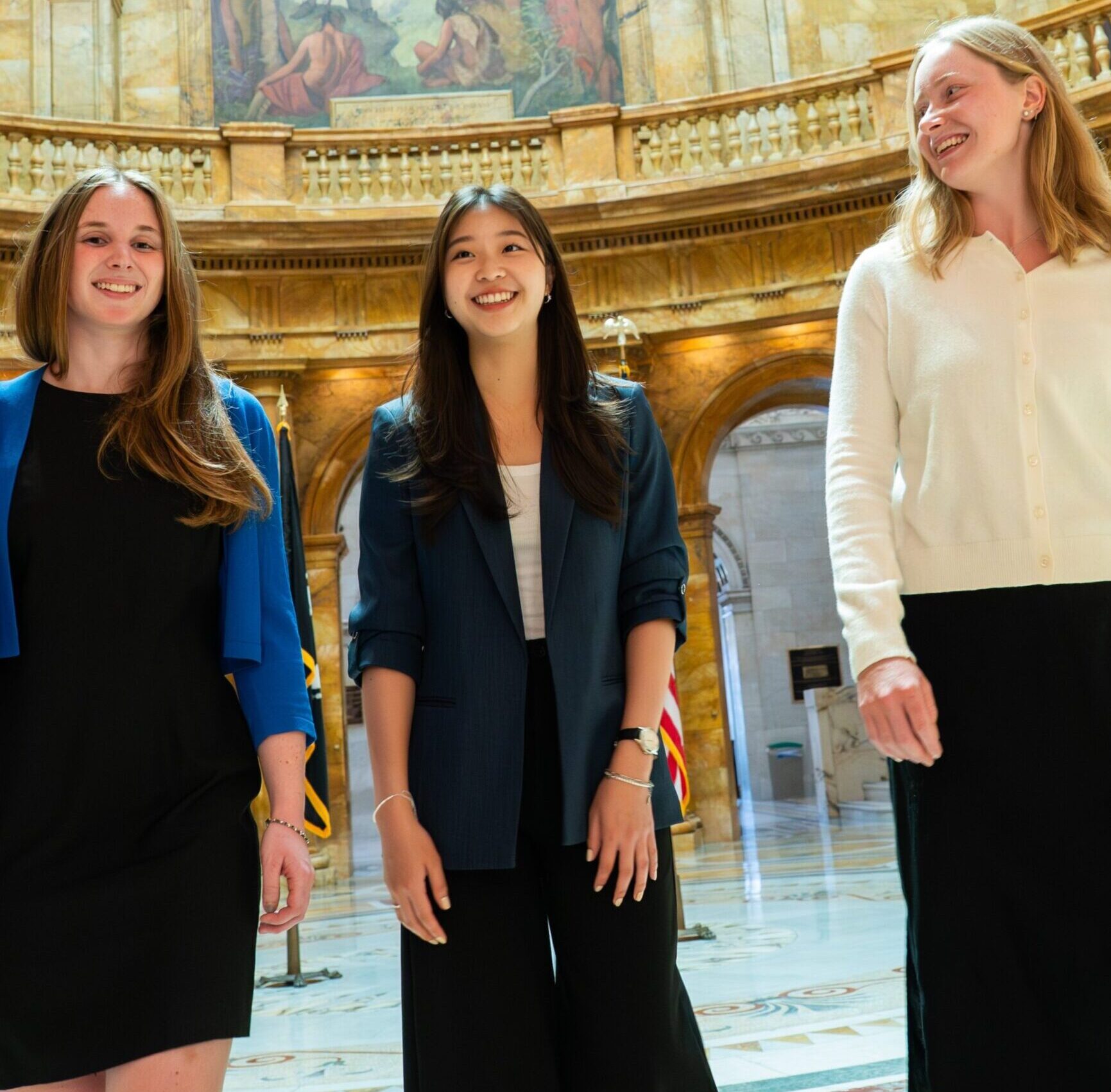Hannah M. Teicher is an Assistant Professor of Urban Planning at Harvard University’s Graduate School of Design. Her research is broadly concerned with how mitigation and adaptation to climate change are shaping urban transformations across scales. Recent research projects have centered on collaborations between unlikely allies, governing embodied carbon at the urban scale, and long-term planning for climate migration. She has published her research in journals including Climate Policy, the Journal of Environmental Policy and Planning, Urban Climate, and the Journal of Planning Education and Research.
Her current research explores how receiving communities for climate migrants can learn from other forms of relocation to address tensions between host communities and newcomers. She is interested in how local level planning will grapple with the confluence of adaptation and migration as well as how urban restructuring will evolve at national and transnational scales. For the Climigration Network, Hannah co-chairs the Narrative Building Work Group which guided development of Lead with Listening: a guidebook for community conversations on climate migration. She is also an active member of the American Society of Adaptation Professionals.
Prior to joining the GSD, Hannah was the Researcher in Residence for the Built Environment at the Pacific Institute for Climate Solutions, a multi-university institute in British Columbia, Canada. Her previous experience includes practicing architecture with a focus on green residential and community projects at Shape Architecture in Vancouver, BC, applied research on EV charging infrastructure with the Transportation Infrastructure and Public Space Lab at the University of British Columbia, and teaching at Emily Carr University of Art and Design. She holds a PhD in Urban and Regional Planning from MIT, a Master of Architecture from UBC, and a BA in Sociology and Anthropology from Swarthmore College.
The Salata Institute
The Salata Institute supports interdisciplinary research that leads to real-world action, including high-risk/high-reward projects by researchers already working in the climate area and new endeavors that make it easier for Harvard scholars, who have not worked on climate problems, to do so. Faculty interested in the Climate Research Clusters program should note an upcoming deadline for concepts on April 1, 2024.










